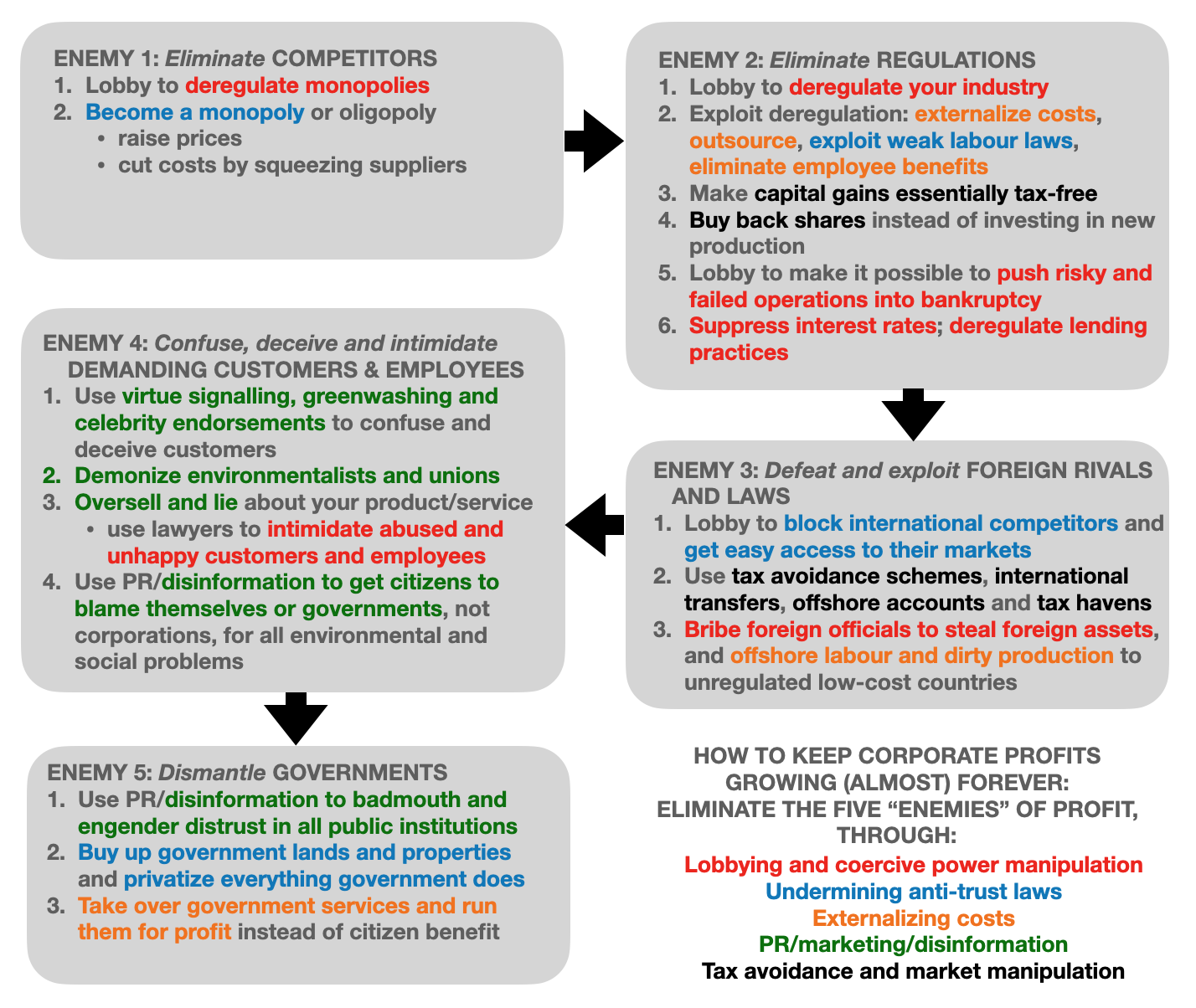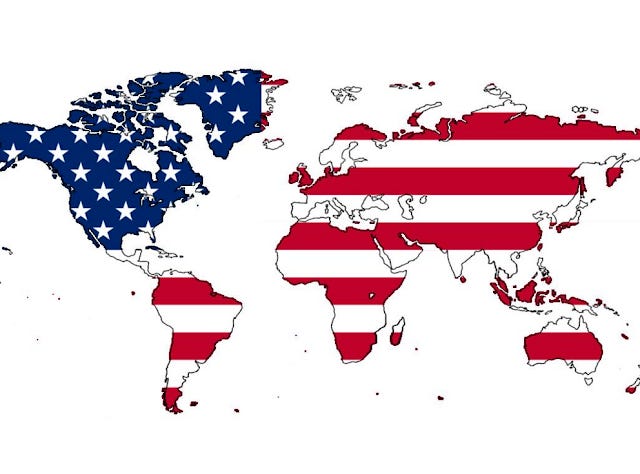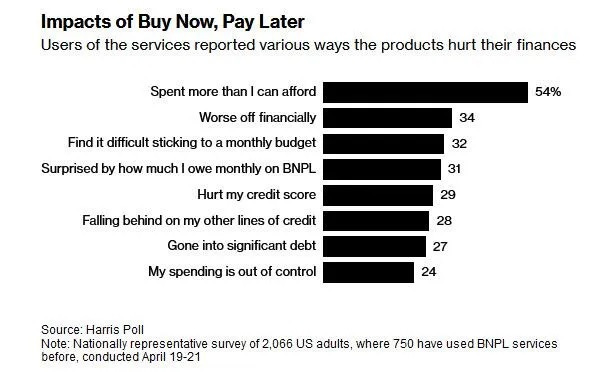It has been a year since a string of U.S. regional bank failures, together with the collapse of global heavyweight Credit Suisse, caused many to fear that a major financial crisis was imminent.
But, by the summer of 2023, the panicked withdrawals by frightened depositors largely subsided.
In February, however, New York Community Bank (NYCB) appeared to resurrect the crisis when it announced $2.4 billion in losses, fired its CEO, and faced credit downgrades from rating agencies Fitch and Moodys.
In what has become a familiar tale for U.S. regional banks, NYCB’s share price plummeted by 60 percent virtually overnight, erasing billions of dollars from its market value, and its depositors fled en masse.
“I think that there’s more to come,” Peter Earle, a securities analyst and senior research fellow at the American Institute for Economic Research, told The Epoch Times.
Underlying this year’s turbulence is the fact that many regional banks are sitting on large portfolios of distressed commercial real estate (CRE) loans. according to Mr. Earle. And many are attempting to cope through a process called “extend and pretend,” in which they grant insolvent borrowers more time to pay in hopes that things will get better.
“There is trouble out there, and most of it probably won’t be realized because of the ability to roll some of these loans forward and buy a few more years, and maybe things will recover by then,” he said.
“But all it does is it kicks the can down the road, and it basically means a more fragile financial system in the medium term.”












